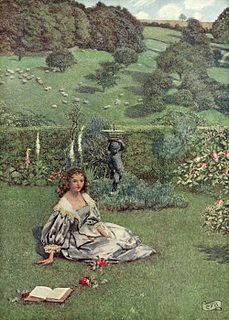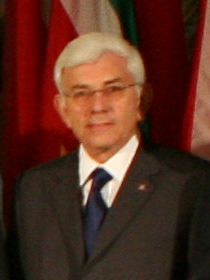A Quote by Clint Smith
The social science on the impact of desegregation is clear. Researchers have consistently found that students in integrated schools - irrespective of ethnicity, race, or social class - are more likely to make academic gains in mathematics, reading, and often science than they are in segregated ones.
Related Quotes
Many of our students want to do what they have done and that has made them successful thus far in their lives: play by the rules, and do what is expected. But as much social science research and writing by Malcolm Gladwell, among others, make clear, the rules are mostly created by those already in power so obtaining power often entails standing out and breaking rules and social conventions.
It is time to create new social science departments that reflect the breadth and complexity of the problems we face as well as the novelty of 21st-century science. These would include departments of biosocial science, network science, neuroeconomics, behavioral genetics and computational social science.
There are still Negro elites. Many of them are obviously much richer, and perhaps a little more integrated into what remains a white power structure. But those old rituals from the social clubs, to the broadly segregated white and black schools, to an obsessive interest in ancestry, all of that does still exist. Look: we are a class-bound society.
Science is intimately integrated with the whole social structure and cultural tradition. They mutually support one other-only in certain types of society can science flourish, and conversely without a continuous and healthy development and application of science such a society cannot function properly.
Mathematics has two faces: it is the rigorous science of Euclid, but it is also something else. Mathematics presented in the Euclidean way appears as a systematic, deductive science; but mathematics in the making appears as an experimental, inductive science. Both aspects are as old as the science of mathematics itself.
While the most disadvantaged students - most often poor students of color - receive the most considerable academic benefits from attending diverse schools, research demonstrates that young people in general, regardless of their background, experience profound benefits from attending integrated schools.
It has been proven time and time again in countless studies that students who actively participate in arts education are twice as likely to read for pleasure, have strengthened problem-solving and critical thinking skills, are four times more likely to be recognized for academic achievement, four times more likely to participate in a math and science fair.
During my span of life science has become a matter of public concern and the l'art pour l'art standpoint of my youth is now obsolete. Science has become an integral and most important part of our civilization, and scientific work means contributing to its development. Science in our technical age has social, economic, and political functions, and however remote one's own work is from technical application it is a link in the chain of actions and decisions which determine the fate of the human race. I realized this aspect of science in its full impact only after Hiroshima.





































